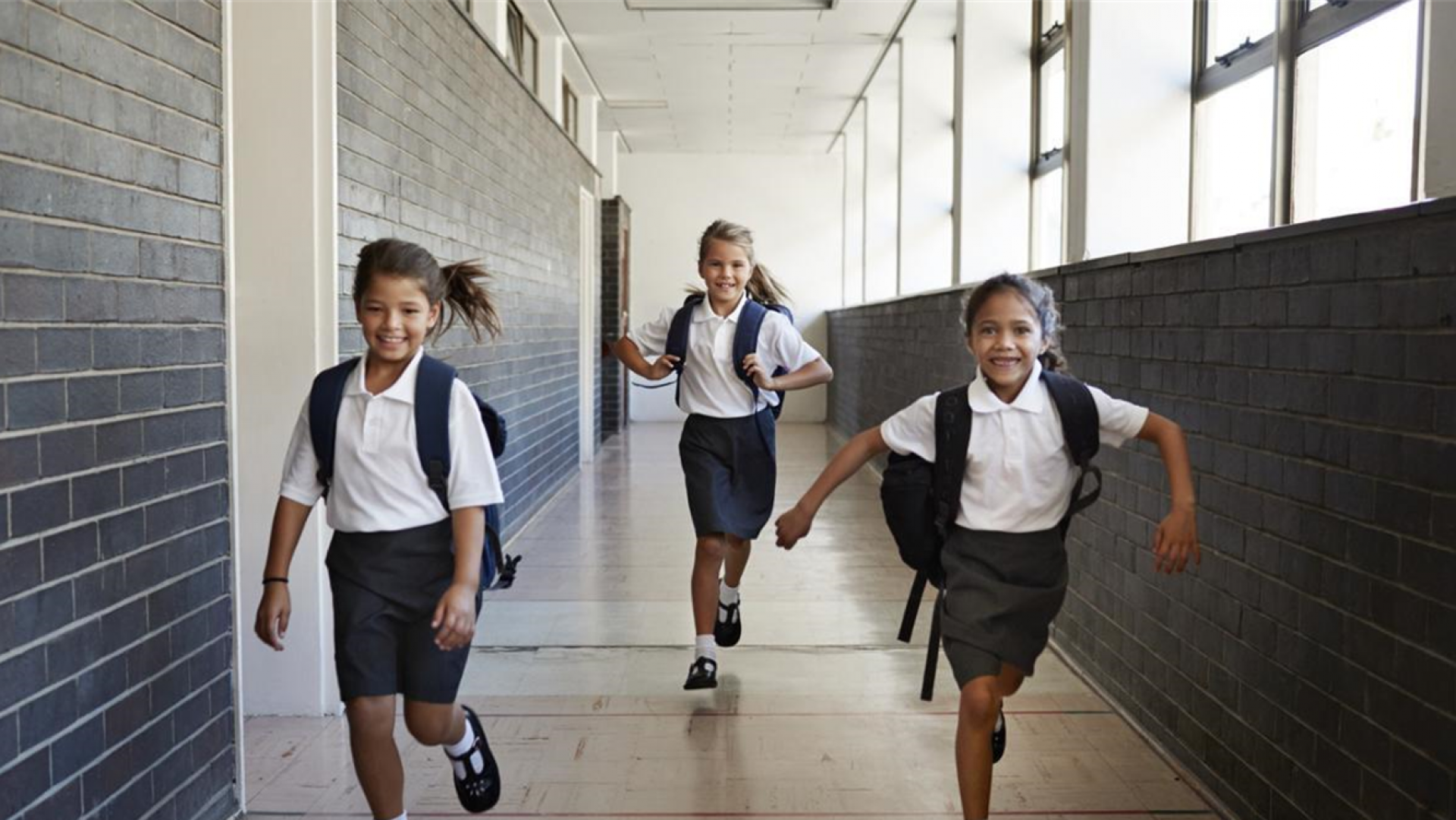The Trust is accountable for the performance of each of its member schools, by delivering a school improvement programme which includes the following:
• a needs based school improvement advisory support service
• risk assessment and analysis of outcomes for learners
• scrutiny and moderation of learners’ work
• supporting schools to forensically analyse pupil performance data
• challenging schools to set aspirational targets – requesting predicted outcomes / establishing aggregated prediction and Trust wide targets
• analysis of standards of learning and teaching (including moderated lesson observations to ensure consistent judgements about standards across all
of our schools)
• learning walks involving senior and middle leaders and governors
• delivering key messages from the DfE Statistical First Releases with all Head Teachers
• developing clear policies for school improvement in partnership
• supporting accurate self-evaluation
• engaging in the work of the Education Improvement Board
• deploying school to school support (S2S) and associated grant funding
There is an agreement that schools commit expertise at all levels as a complementary resource to the work of the SIA Team at no cost. This includes the deployment of NLE, LLE, SLE, NLG and a range of proven programme and project providers.
Trust challenge and intervention
The Trust sees challenge and support in equal measure. The Trust is held accountable for the performance of its schools and will therefore intervene when any of the following occur:
1. A significant leadership vacuum
2. A rapid and unexpected decline in performance or internal predictions
3. Evidence of serious financial weaknesses or mismanagement
4. Being in an Ofsted category of concern: judged RI or Inadequate
5. A request from the local governing body
6. A reputational risk to the Trust
7. A local operational decision of such risk or significance that would have a bearing on the Trust as a whole
In the event of intervention through appropriate fact-finding, the CEO supported by the SIA/ Performance and Standards Committee will explore colleagues’ individual views and perceptions so that an action/recovery plan or appropriate intervention can be arranged.
Due diligence
When developing an action/recovery plan we will consider the following questions:
• Where is the school now?
• Where does the school want to be?
• How is it going to get there?
• What is potentially stopping the school from getting there?
• How would you rate the quality of teaching and learning in the school?
• How will the Governing Body/IEB and SLT know when they are or have been successful in raising standards, improving quality of provision and being more effective?
• What happens, or is likely to happen if the Governing Body/IEB and SLT choose to do nothing or make little change?
The team will also follow specific lines of enquiry, including:
• Staff Deployment Analysis
• Curriculum Diet
• Quality of teaching in Mathematics, English and Science and ICT
• Training and Professional Development opportunities/NQT/Induction
• Behavioural Management Systems
• Monitoring and systematic intervention programmes
• Standards
• Personnel and Performance Management systems
• Safeguarding/CRB checks
• ICT infrastructure and efficacy for curriculum support and development.
• Environments conducive to learning
• Leadership and the capacity of SLT to improve performance
• Financial management – control and monitoring
• Admin staff – structure
• Student Interviews
• Attendance
We want to ensure our approach does not replicate other inspections/analyses and we will always use the review of any additional evidence, together with any of the school’s review and self-evaluation reports as a baseline for enquiry. Our approach enables us to identify more clearly the issues and areas for improvement and urgent development. In pulling the enquiry together, we will consider all the evidence in order to come to the following professional judgements:
a) Does the school know precisely its strengths and weaker aspects and what these highlight for change?
b) Has the school identified the key priorities?
c) Does the school have clear and manageable improvement plans and the capacity to achieve with due urgency the required change(s) for all of its pupils? If not, why not?
The findings and subsequent action/recovery plan of the Chief Executive will be presented under the following six strands:
1. Leadership & Management
2. Quality of Teaching and Learning
3. Curriculum Design
4. Systematic Monitoring & Intervention
5. Standards Systems & Policies
6. Bespoke Professional Development

